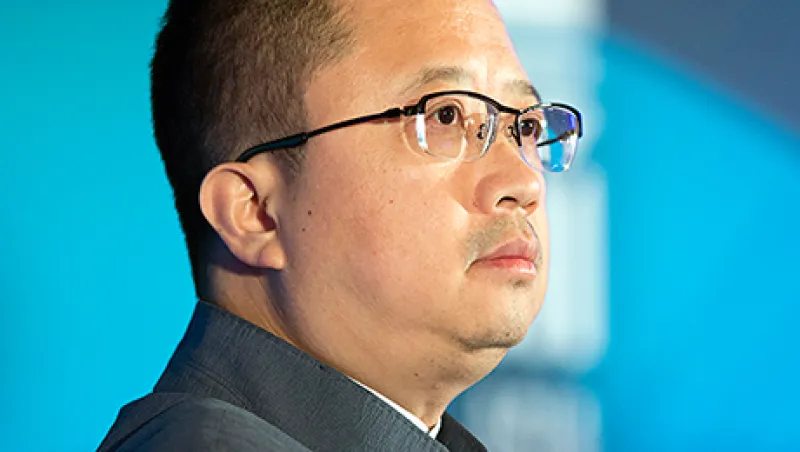
Fosun’s Liang Xinjun Targets Middle-Class Consumers
From Club Med to insurers, the CEO of China’s privately held Fosun Group has been on a foreign buying spree.
Allen T Cheng
April 16, 2015


